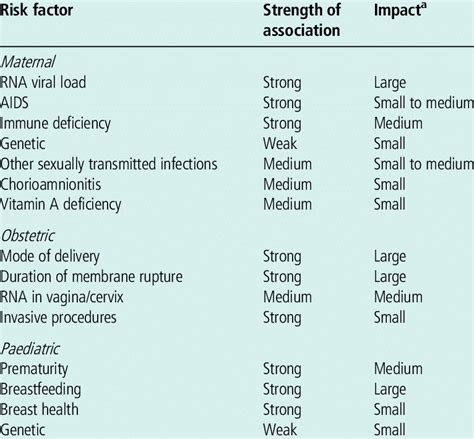In the bustling city of Johannesburg, a clinic once brimming with hope and healing now sits empty and silent. The doors that used to welcome mothers seeking care for their newborns are now closed, leaving a void where life-saving services once thrived.
Picture this: rows of empty cribs, waiting rooms devoid of laughter, and medical supplies gathering dust. This scene is not just a figment of imagination but a harsh reality brought about by recent changes in health leadership.
The Trump administration’s decision to dismiss key health officials has sent shockwaves through the global healthcare community, particularly affecting those most vulnerable—over 500,000 children and more than 600,000 pregnant women with H.I.V. in low-income countries.
Gone are the expert teams diligently working to prevent newborns from contracting H.I.V. from their mothers. Gone are the dedicated professionals providing crucial treatment for infected children. In a swift and chaotic reorganization of the Health and Human Services Department, these vital programs were dismantled, leaving behind uncertainty and fear.
As the dust settles on these abrupt changes, disturbing revelations come to light. Not only have some staff members supporting H.I.V. prevention initiatives abroad been lost; all experts in this field have either been let go or are awaiting reassignment within governmental departments like the Centers for Disease Control and Prevention and the U.S. Agency for International Development.
While maternal health programs still receive funding from the President’s Emergency Plan For AIDS Relief (PEPFAR), the absence of personnel to oversee these critical projects raises grave concerns about their future sustainability. Without capable hands to manage operations or allocate resources effectively, the fate of countless lives hangs precariously in limbo.
“We hope this is not a sign that treating mothers and children is no longer important in PEPFAR, and that this is a mistake that can be corrected,”
expressed a federal health official under conditions of anonymity due to fears of reprisal.
The urgency of addressing these issues cannot be overstated as statistics paint a grim picture: every seven minutes in sub-Saharan Africa, an innocent child under 15 loses their battle with AIDS—a stark reminder of the relentless toll exacted by this unforgiving disease.
As we navigate through these challenging times where uncertainties loom large over global healthcare efforts, one question echoes louder than ever before: Who will step up to care for infants with H.I.V., offering them hope where despair threatens to overshadow their future?



Leave feedback about this